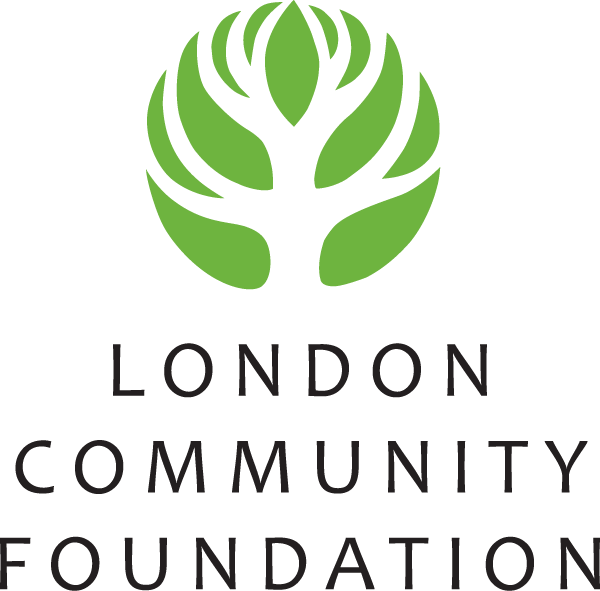A Fresh Approach to Food in the City
A Fresh Approach to Food in the City
Urban Roots London
The Urban Roots team, from left to right: Richie Bloomfield, Jeremy Horrell, Mariam Waliji, Jacob Damstra, Wendy Russell, Teresa Boere, Dan Gurnett, Miguel Belcina, Ben Wilcox
In 2016, Richie Bloomfield, Jeremy Horrell and two of their friends were gathered at a coffee shop, discussing what urban agriculture could look like in London.
“We had seen the inspiring work groups were doing in other places similar to London,” says Richie. “In some cities, like Detroit, people in need could stop by and pick up free, fresh produce, which is truly inspiring – but these groups often expressed a lot of anxiety around their financial position.”
This casual discussion is what eventually led Richie and Jeremy and their two friends to co-found Urban Roots London. Located on 21 Norlan Avenue, a quiet residential street off of Highbury Avenue, Urban Roots’ farm started with one 50’ by 50’ plot and now contains eleven such plots, yielding between 500 to 1000 pounds of fresh, organic produce a week. And thanks to their innovative business model, they’re able to donate a significant portion of their production to the community while also sustaining their operations.
“To help balance our books, we decided to employ a model of thirds: no less than one third is donated to community organizations; another third is sold at an affordable rate, approximately half of the wholesale price; and the final third is sold at full price to restaurant partners,” says Richie. “The donation tier is our priority – and while we still rely on grants for our seasonal labour, the model of thirds has worked really well for us.”
A recent loan from LCF’s Social Impact Fund has allowed Urban Roots to purchase the land they farm, allowing them much more freedom in how they use it.
“With our increased responsibility to this plot of land we are able to prioritize things like improving the soil health, protecting and increasing biodiversity on site by seed saving, planting fruit trees, bushes, shrubs, and native flowering plants,” says Jeremey. “We’ll also be able to focus more on other parts of the land and grow plants that are specific to restoration of the wetland area at the rear of the property.”
As a not for profit social enterprise, the primary goal of Urban Roots is to have a positive impact on the community – a goal they work to accomplish in a multitude of ways. Over a third of their production is donated to organizations like My Sisters’ Place and their farm is always open for educational tours in partnership with local schools. They also generate employment opportunities through seasonal labour positions, and over the course of a busy six-month season, can provide over 1000 thousand families in the community with affordable, organically grown, healthy food.
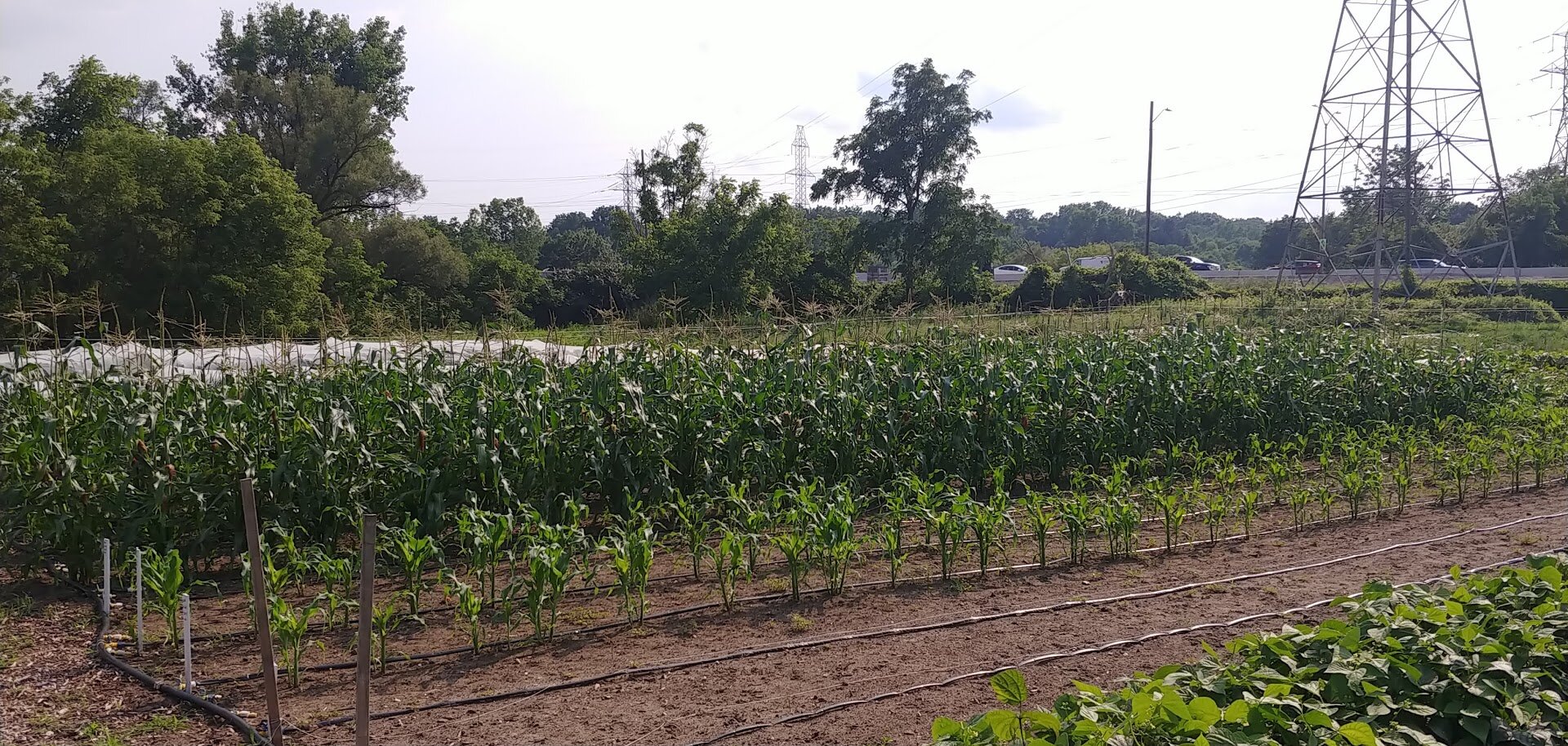
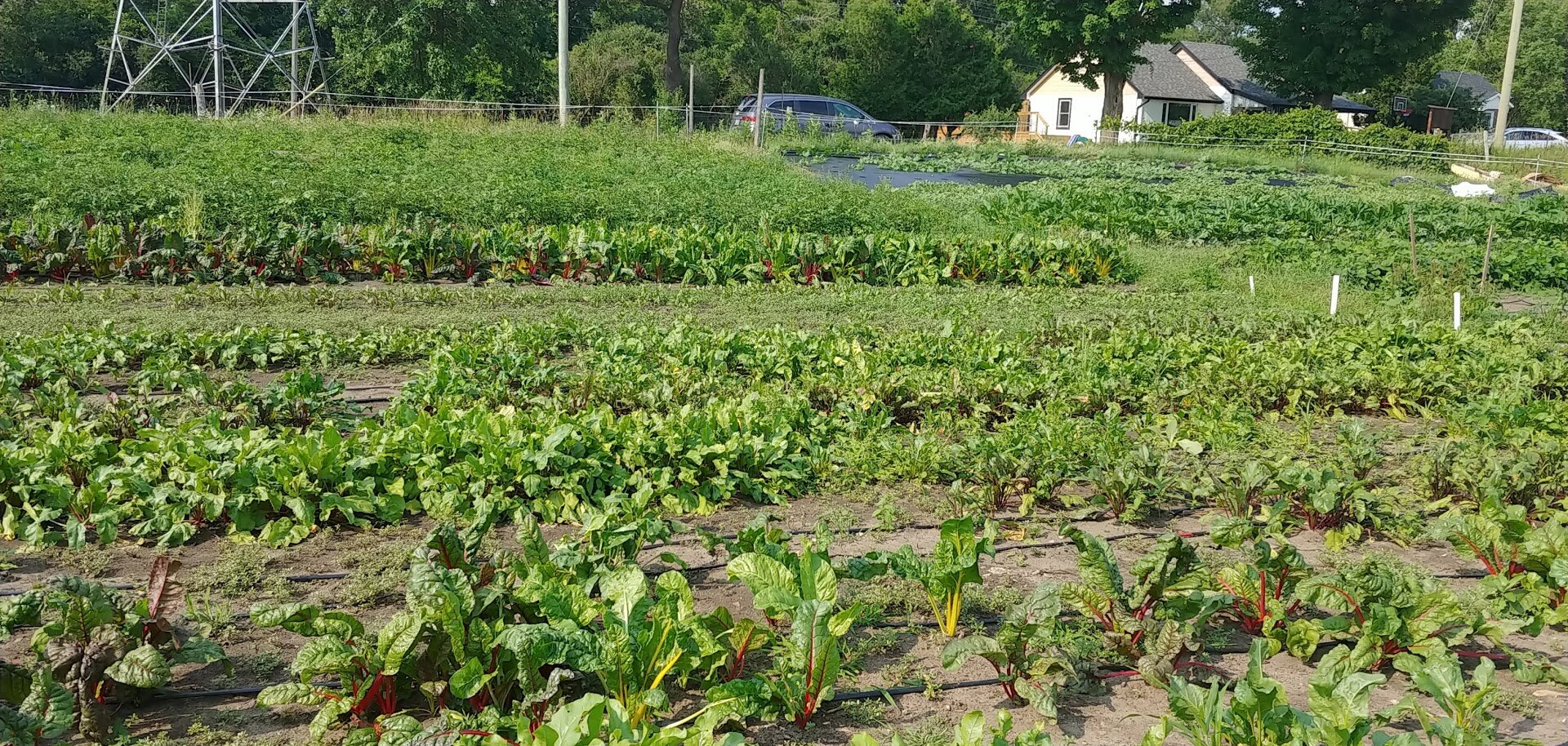
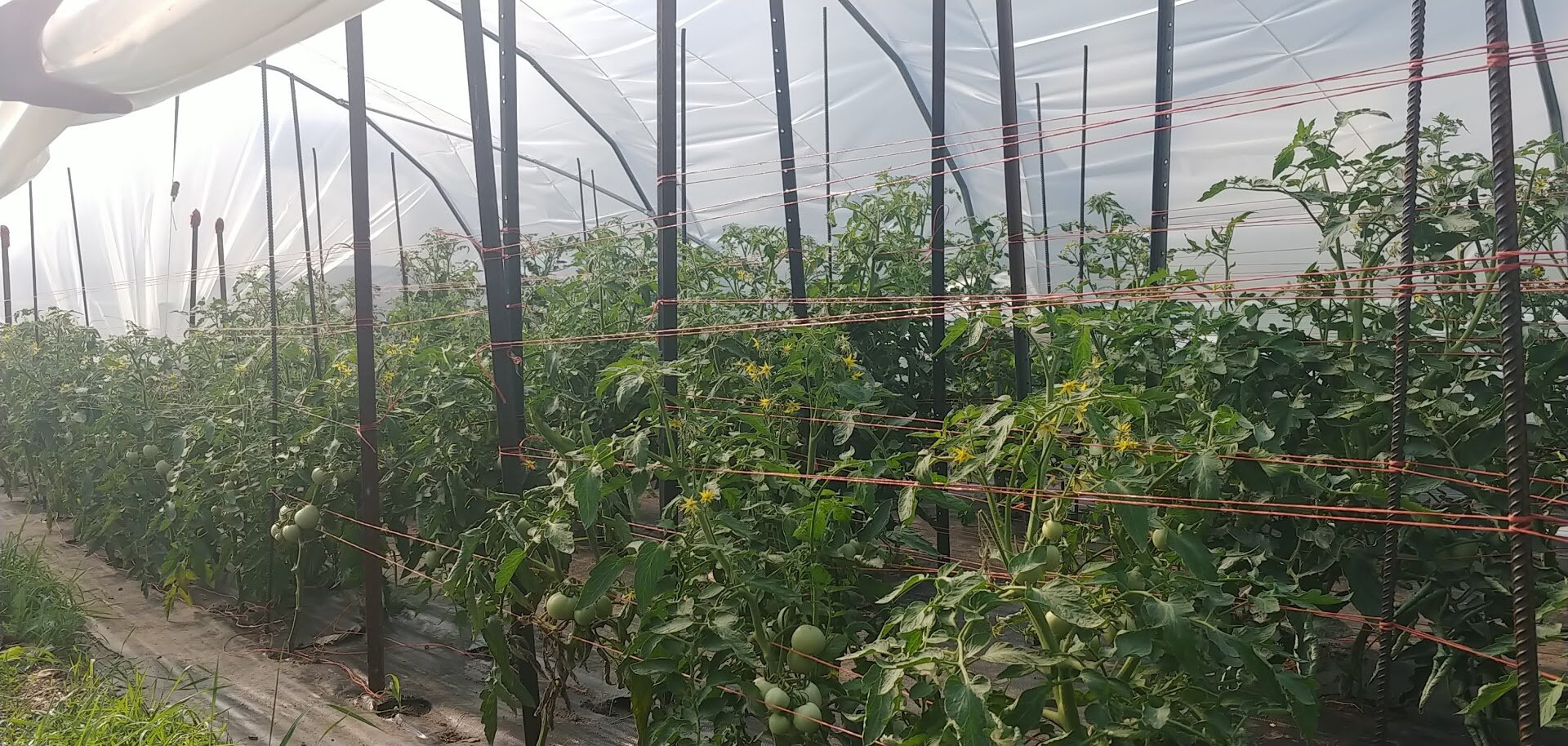
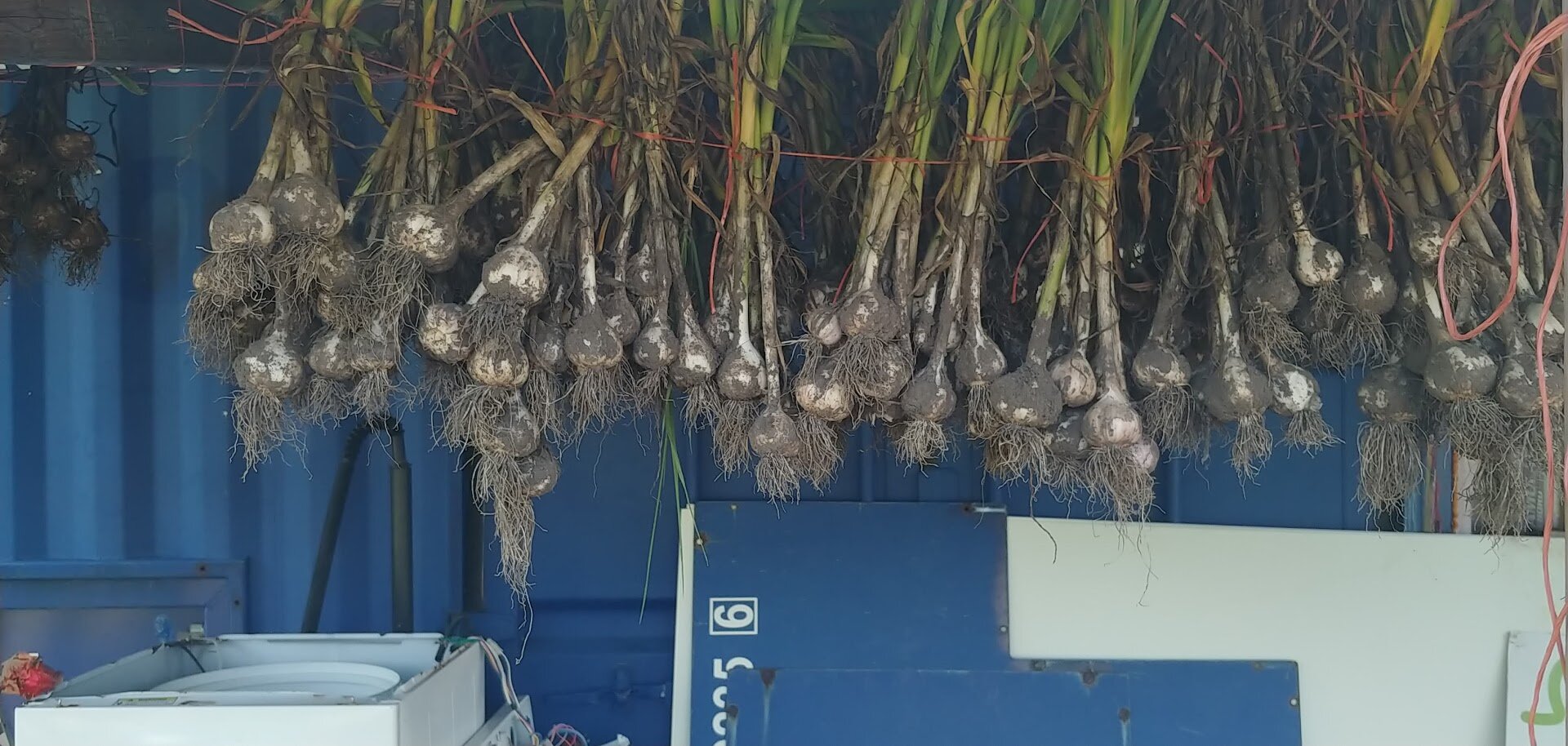
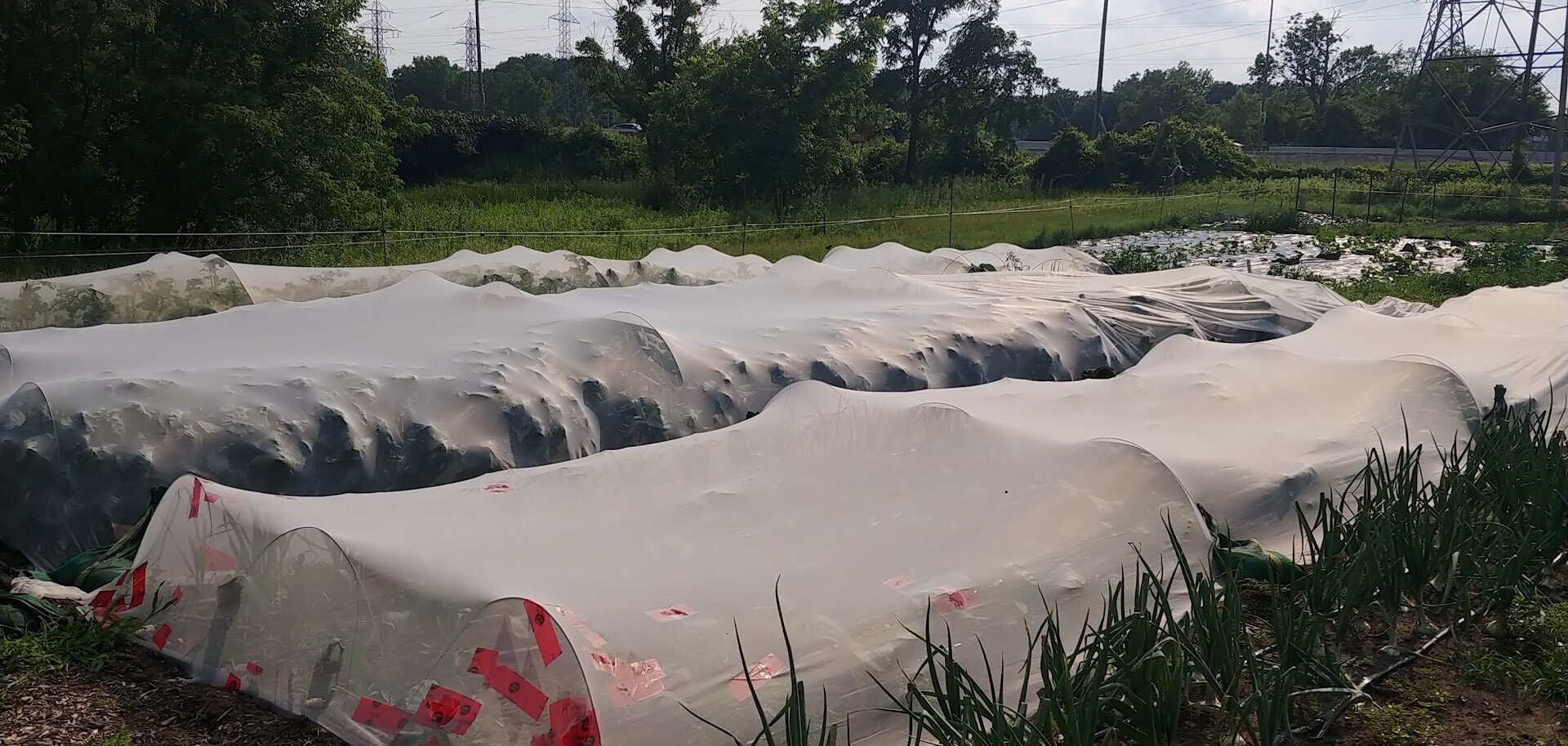
“We got an email from an organization a few weeks ago saying that they’ve been having to pick through a lot of rotten greens they’ve received from other distribution models,” says Richie. “I’m 100% in support of avoiding food waste, but it seems like more often than not, the poor or economically disadvantaged only get to pick through the rotten stuff. That just doesn’t sit right with us. We can do better than that.”
And while there may be challenges to overcome and hoops to jump through, very little is standing in the way of projects like Urban Roots from becoming more prevalent in the community.
“The City of London has been very gracious to us, especially considering there just weren't urban agriculture policies in place when we started,” says Richie. “Now, we have a new pilot location getting started in the Northeast part of town, there are public gardens and food forests popping up – urban agriculture is definitely growing in London.”
With birdsongs quietly drowning out the noise of traffic, the Urban Roots farm is akin to a rural oasis just outside the core of the city next to the busy highway – full of growing vegetables and friendly faces ready to welcome anyone who wants to chat, volunteer, or buy the fresh produce for sale on Wednesday evenings and Sunday mornings.
“An urban farm facilitates the building of community really well,” says Richie. “People come here to hang out, learn how to grow food, or even contribute to our community compost program. Food has always brought people together and this is no different.”
In addition to building an open and inviting community, Urban Roots London’s number one priority is their relationship with the land and working harmoniously with the soil, natural vegetation and local wildlife to organically grow vegetables season after season.
“We found that environmentally good practices also make the most practical and economic sense,” says Richie. “Rotating our crops to let nutrients back into the soil, composting, avoiding chemical pesticides and fertilizers – if we want to grow vegetables on this land over the long term, we need to make sure we’re taking good care of it.”
“At Urban Roots London, it’s about working together as harmoniously as possible with all that’s around us; this includes people, birds, animals, insects and plants,” says Jeremy. “Being kind to the land and all its diverse inhabitants is vital to ensuring a lasting connection that strengthens our relationships and increases our ability to grow food for people in a mutually beneficial way.”
Food, nature, people – it’s often the simple things that provide the most fulfillment. Urban Roots London is working passionately towards bringing us back to a time where a community was intimately connected with the growth, production and preparation of its food. Back to our roots.
